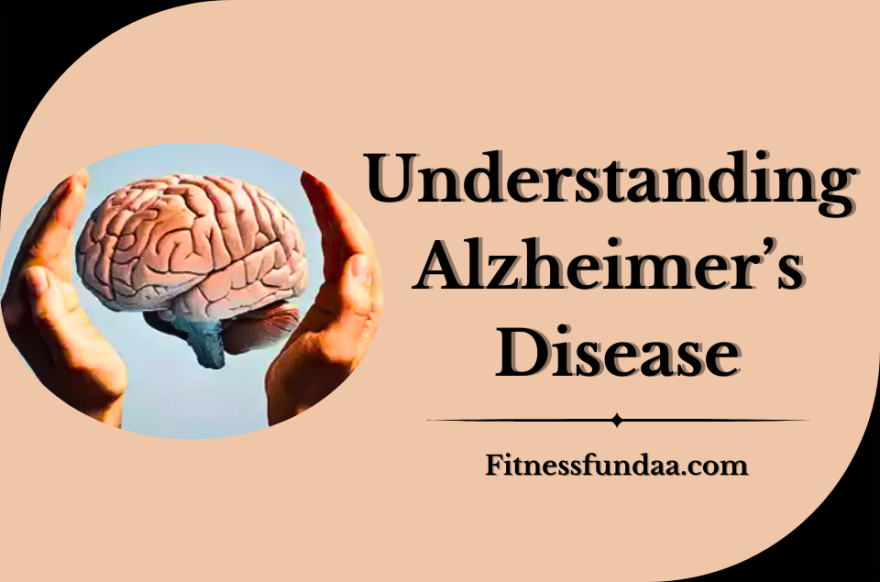Alzheimer’s disease is a type of dementia that affects everything from memory to behavior. It’s the most common form of dementia, with the Alzheimer’s Foundation stating there are 6.7 million Americans 65 and older who experience it. But what can you expect if you or a loved one have received an Alzheimer’s diagnosis?
Memory Loss: The Most Obvious First Symptom
Alzheimer’s disease has many symptoms, but the first one most people notice is memory loss. Occasional forgetfulness is normal, but those who have this disease begin experiencing persistent memory issues. You may find your loved one repeating themselves or forgetting recent events. It’s also common to not recognize loved ones.
Why Memory Loss Occurs
Your brain contains millions of nerve cells called neurons. These neurons communicate with one another using electrical signals and passing messages along connections called synapses.
When someone has Alzheimer’s disease, these connections stop working as they need to. Abnormal proteins also begin to build up in the brain, leading to the development of plaque as well as the formation of tangles.
Plaque and these tangles interrupt the communication between neurons. That interruption leads to nerve death and causes the brain to shrink over time.
Hopeful Alzheimer’s Disease Research
There’s currently no cure for Alzheimer’s, but there’s promising research. This research includes regenerative medicine options like stem cell therapy. By stimulating your body to start healing itself, stem cell therapy offers the chance to target the exact cause of the problem — neuron death.
Speaking With Your Doctor About Your Options
If you or a loved one has Alzheimer’s disease, working with your doctor to find the treatment and management options you need is essential. Make sure to ask your doctor about regenerative medicine as well as other ways of potentially mitigating symptoms.
This post was written by a medical professional at Stemedix Inc. At Stemedix we provide access to Regenerative Medicine for TBI, also known as brain stem cell therapy. Regenerative medicine has the natural potential to help improve symptoms sometimes lost from the progression of many conditions.

